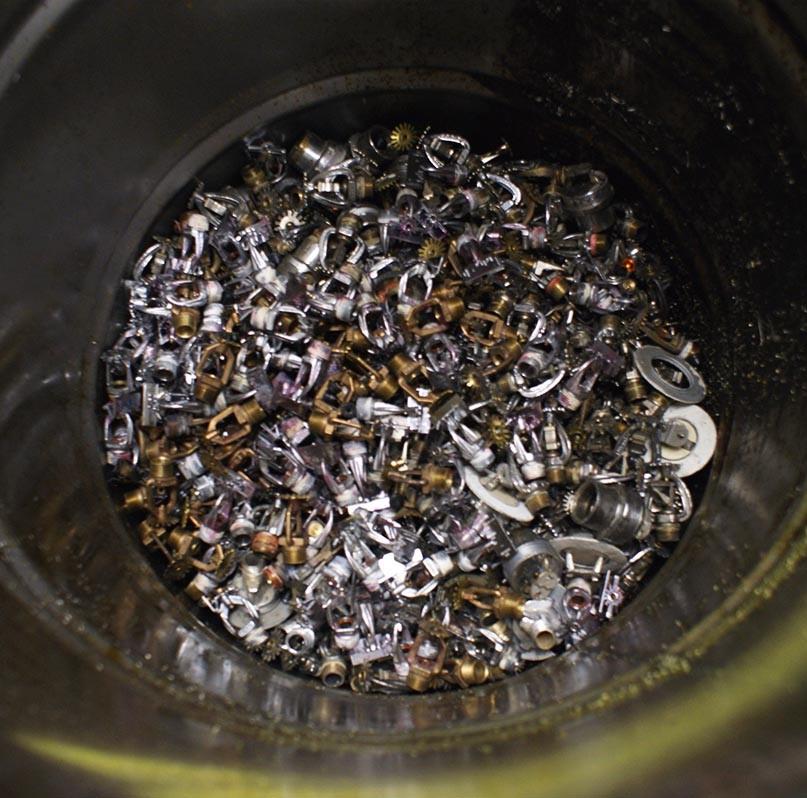Carbide sludge is the by-product of manufacturing tungsten carbide tools, commonly stored in barrels. It is a slurry mixture of tungsten, cobalt, and moisture. Tungsten usually constitutes 70% of the mixture. Carbide sludge’s high content of tungsten makes it an ideal candidate for recycling, as it can be reused in various ways, thereby reducing waste but also increasing production and value for other industries.
Here are some other industrial uses of recycled carbide sludge:
Lighting
Due to tungsten’s ability to expand at about the same rate as glass when heated, this metal is widely used to manufacture glass-to-metal seals, which are widely used in vacuum tubes, electric discharge tubes, incandescent light bulbs, and more. Not only that, pure tungsten has the highest melting point, greatest tensile strength, and produces the lowest vapour. As such, tungsten wire filaments are an invaluable property of many light fixtures.
Healthcare
One of the greatest inventions in the medical field is the X-ray machine. During its operation, its processes can generate heat up to 2,700°C. Without tungsten’s ability to increase the intensity of the x-rays, it would be impossible to obtain crucial X-ray images of patients.
Manufacturing
Different manufacturing industries incorporate the use of tungsten to produce high-quality products. Tungsten as a refractory metal is one of the most-used heating elements in manufacturing high-temperature furnaces because of its high melting point. Not to forget, manufacturers of saw blades and other heavy duty cutting tools use tungsten carbide because of its strength and hardness, as well as its anti-corrosion properties.
Disposing of carbide sludge as is can be extremely harmful to the environment. While carbide sludge in itself may seem useless, recycling it can yield important elements that contribute to other industries. As such, it is always the wiser and more practical choice to recycle industrial waste, not only to promote sustainability, but also innovation and production.



